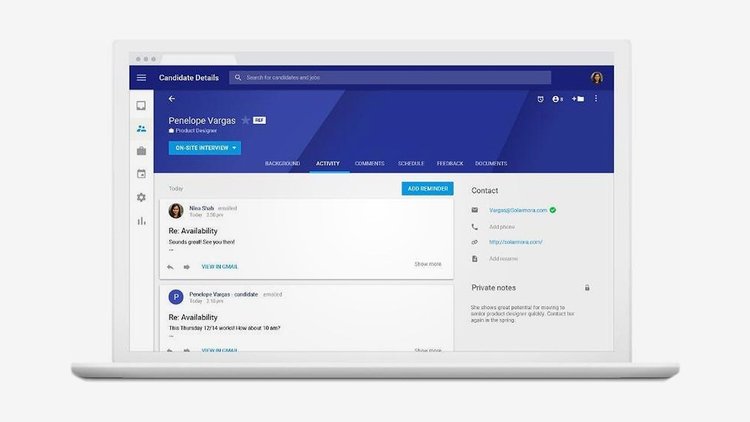Get Hired Faster: Attitude and Manners at a Job Interview
Research shows that almost half of all new hires fail within their first 18 months on the job. This is discouraging news if you have spent your entire life preparing to enter the workforce. However, only 11 percent of new hire failure is a result of inadequate skills--attitude is responsible for 89 percent. Since success is so closely linked to attitude, job interview questions emphasize character traits. Showcase your ability to manifest these traits in interviews, and improve your chances of landing the job!
Teachability
It doesn't matter if you graduate from an Ivy League University with a perfect 4.0--you will still have a lot to learn when you start your career. If you have a know-it-all attitude at your job interview, you will raise a red flag in your potential employer's mind. You must be able to accept constructive criticism and learn how to do your job the way your employer wants it done if you want to achieve success.
Motivation
If you are apathetic about your job and don't care enough to give it your best effort, you will not climb very high up the corporate ladder. 17 percent of new hires fail because their lack of motivation causes them to perform below their potential. Therefore, any sign of a lazy attitude at a job interview will turn off employers.
Temperament
Different jobs require different character traits. For example, a flight attendant should be a team player with great social skills whereas a writer should be a task-oriented self-motivator. For some job interviews, an attitude of perfectionism will be considered a good asset. However, that same attitude could count against you at another job interview. Ideally, you have taken your personal characteristics into account when you chose your career path so that your qualities are a good match for your job.
Skills
Lack of skills only account for 11 percent of recent hire failure. Even if you are not the most qualified candidate in the world, you can learn the skills you need to be a high performer if you have the motivation and the willingness to learn. Since the best indicator of your future success is not skills but attitude, job interviewing questions are designed to reveal your character traits.
Attitudes in Job Interviews
While testing for technical skills is relatively easy, assessing attitudes in job interviews is much more challenging. Recent grads have extensive knowledge on the art of being interviewed and have coached themselves to give the answers that they think their potential employer wants to hear. Therefore, every interviewee gives the same pat answers to every question.
If you want to have a stand-out attitude at your job interviews, be honest. Even if your attitudes have not been stellar in the past, admitting your past failures will show your potential employers that you are willing to change. For example, if your interviewer asks you to describe your greatest weakness and you honestly don't think you have any, don't make up something that you think sounds good. Instead, says something like this:
"I honestly have a hard time seeing the negative side of my personality. I consider myself a strong leader and believe that people who call me bossy are simply jealous of my abilities. However, I realize that being able to accept constructive criticism is important, and I am trying to do this better."
If you want to get hired quickly in a field where you are likely to succeed, you have to know your strengths and weaknesses. You’ll also need a compelling, professional resume. LiveCareer’s Resume Builder can help you craft a resume that highlights your best traits while minimizing your weaknesses--and addressing hiring mangers’ needs so you can land more interviews and reach your job goals.














